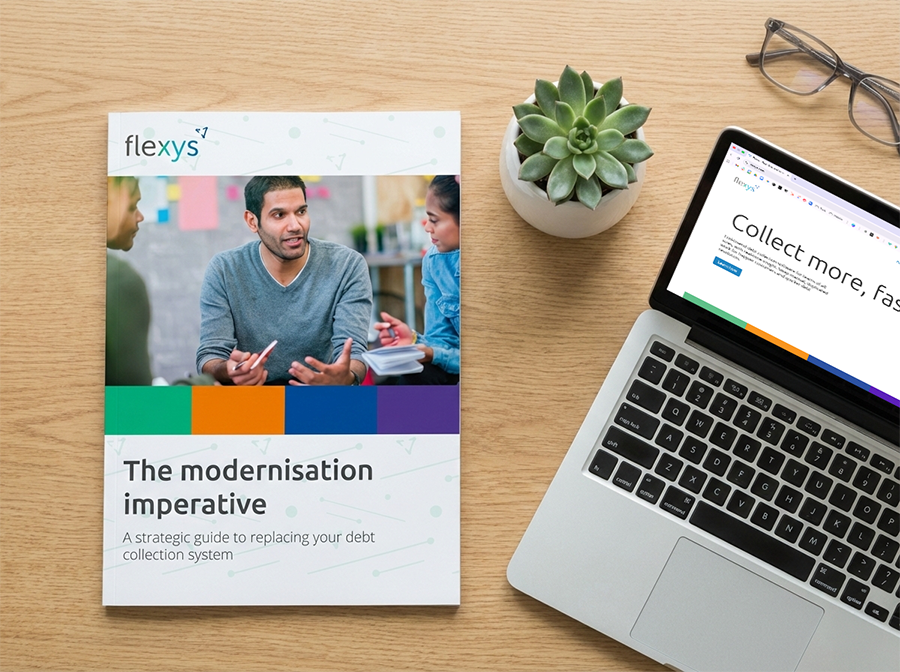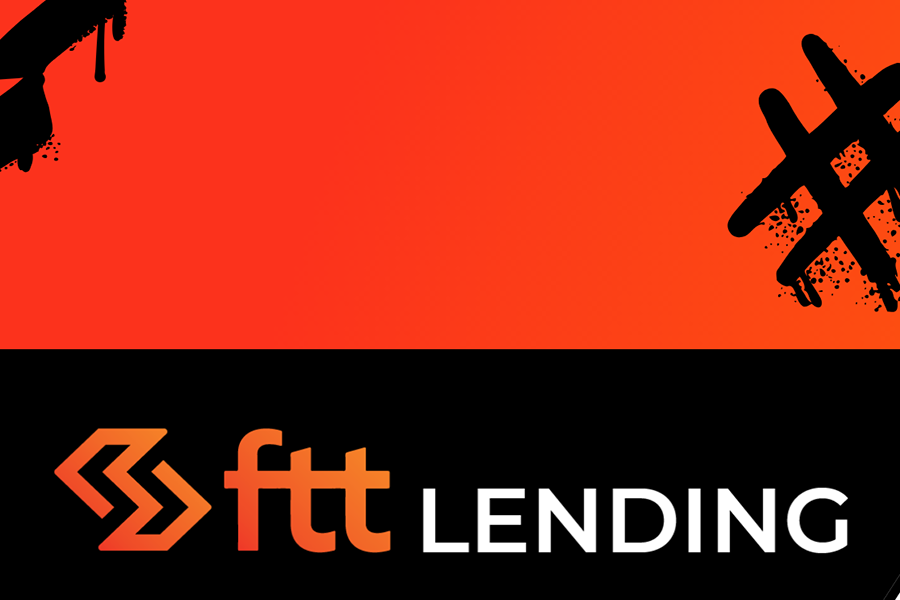How mutuals can balance ethics and efficiency when helping members in arrears
With regulators on alert and digital options booming, old debt management strategies could leave mutuals and members struggling.
More members with money worries
According to research by Fair4All Finance, 20.3 million people are now living in financially vulnerable circumstances across the UK. They may use credit to pay for everyday essentials, and many borrowers are falling behind on repayments for the first time.
This means more members really struggling to meet their obligations, and a greater need for empathy and support when collecting overdue payments
Hitting the moving target of debt regulation
Let’s be honest, credit unions operate in a highly regulated environment that was designed for much bigger entities like banks, with strict guidelines on fair treatment, data protection, and responsible lending.
In 2026, we expect to see even greater regulatory scrutiny, particularly in how organisations handle vulnerable members, monitor member outcomes and prove consistency.
Joining the digital world on your own terms
In the twenty-first century, being proudly traditional and people-focused doesn’t mean you can opt out of the digital world. Today’s members – especially the younger generations that mutuals need to survive – expect to manage their money online, including when they fall behind on payments.
But, many mutuals still rely on manual processes, branch visits, phone calls and letters, which can feel inconvenient and outdated to members.
The good news is that 'going digital' doesn’t have to leave members behind or alienate those who love the branch-based support.
.png)
You can’t ignore the bottom line
As the last few years have shown, credit unions can’t survive on good intentions alone.
Limited resources mean that every minute spent chasing unpaid debts is time taken away from serving members. Every penny tied up in provisioning against debt is money taken away from improving services or expanding your lending.
Automation may feel like a move away from people-focused service, but, in fact, it frees your team from time-consuming routine tasks, making their jobs more satisfying, and all that saved time and money can be poured into all those improvements on your wish list.
Your team deserves the tools for the job
No matter how small your organisation is, data is the key to supporting members who are having a tough time. If you get your information in order, you can spot problems earlier, understand your members better, and choose the right approach for each situation.
Organised data helps your management team make smarter decisions about everything from lending policies to staffing levels. It helps them to identify trends that might affect your mutual's future, assess which risks are worth taking, and plan ahead with confidence.
When your data tells a clear story, you're not just reacting to problems, you're preventing them and securing your organisation's long-term future.
Efficiency and fairness can coexist
In hard financial times, good debt management practices are more important than ever for a thriving member base and a secure future.
The good news is that the days are gone when only big, wealthy institutions could afford fancy debt management systems. Thanks to fintech and cloud computing, these powerful tools are now within reach for smaller organisations like yours.
Cloud technology can be set up to match the unique way mutuals operate, focusing on their members' needs. This means mutuals can use technology that is affordable, easy to set up, and low risk.
By adopting this tech, mutuals can do more than just protect their profits; they can also build stronger, long-lasting relationships with their members.



.png)

